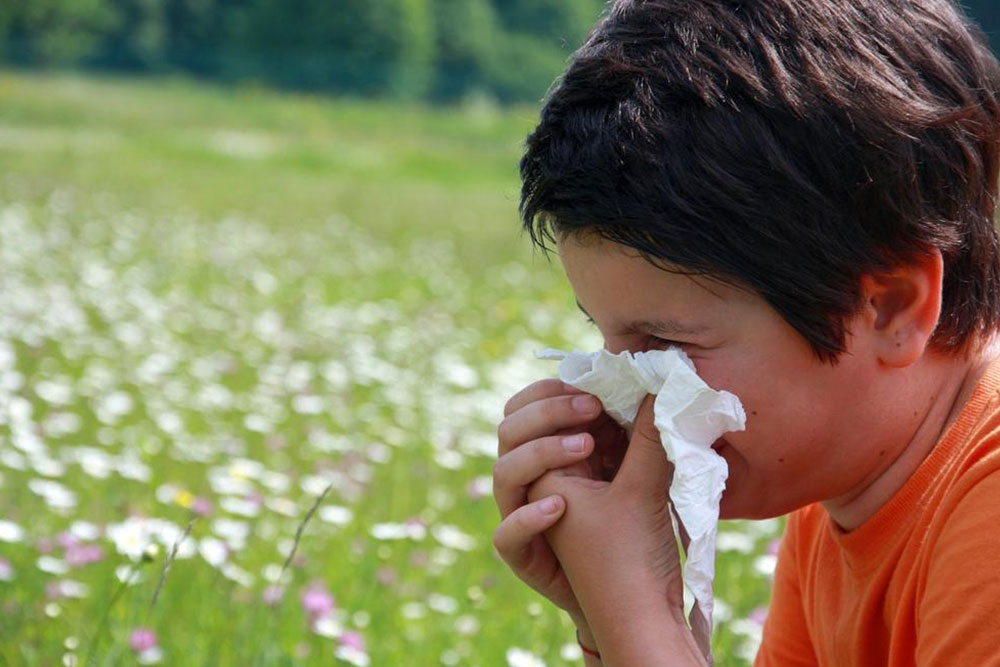Common Symptoms and Treatments of Watery Eyes
Eyes are very sensitive to external stimuli and any irritation or allergy can cause watery eyes. Watery eyes from allergies are a common phenomenon and occur when the eyes come in contact with certain environmental allergens such as dust, pollens from weeds and grass, mites, certain indoor allergens, contact lenses, and cosmetics. In certain cases, preservatives used in artificial tears may also cause watery eyes. When the eyes are exposed to an allergen, the body sends an immune response and a chemical called histamine is released by the body as a natural defense mechanism.

Common Symptoms
Watery eyes from allergies can cause visible changes in eyes. As soon as the eyes are exposed to an allergen, the symptoms appear. However, in certain cases, the symptom may develop after a few days. A few common symptoms of watery eyes are:
- Irritation in the eyes and redness
- An intense urge to itch
- Swelling in the eyelids
- Tears running from the eyes
- Burning sensations and chronic pain
- Sensitivity towards light
Treatments
Watery eyes from allergies can cause severe discomfort and disrupt normal day to day life. The following precautions and treatments may help in alleviating discomfort. However, any medication for watery eyes must be taken only after consulting an eye specialist.
- Wear sunglasses: A continuous exposure to the sun during eye infection may aggravate the situation. To prevent this, good quality sunglasses must be worn when going out of the house. This also prevents the entry of dust particles, pollen, and other allergens in the eyes.
- Wash eyes regularly: Rinsing your eyes with clean water will remove any deposited allergens.
- Artificial tears: Artificial tears help lubrication and remove allergens. They must be used only after consulting a doctor.
- Remove contact lenses: Contact lenses may cause allergy and hence must be removed if eyes are watery.
- Do not rub eyes: Avoid rubbing the eyes when you feel an itching sensation. Rubbing the eyes will only worsen the situation as this will increase the inflammation in the eyes.
Eyes are one of the most sensitive organs in our body and they are constantly exposed to allergens. The symptoms and discomfort due to watery eyes from allergies can be alleviated by taking certain precautions, and in case the symptoms persist for a longer duration, seeking immediate medical help is essential.




